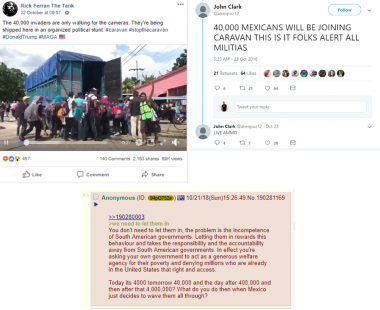Wildfires trigger conspiracy theories
Disinformation narratives emerged across multiple platforms and websites as the Camp Fire and Woolsey Fire made their respective ways across part of California this week. While the mainstream media covered how to help victims, the celebrities who had lost homes, the size of the fires and the causes of the fires, the disinformation themes that spread […]
Wildfires trigger conspiracy theories Read More »





